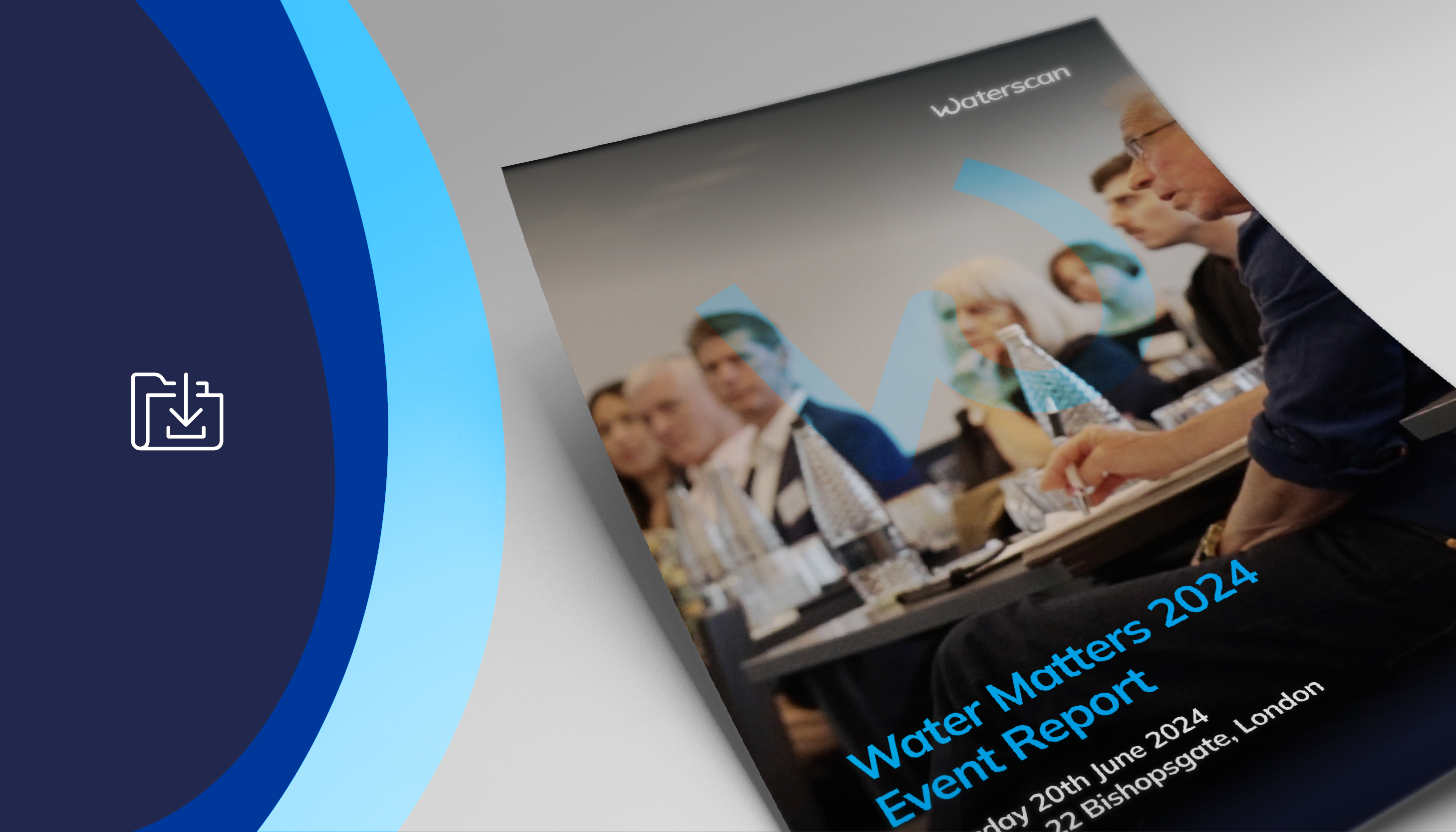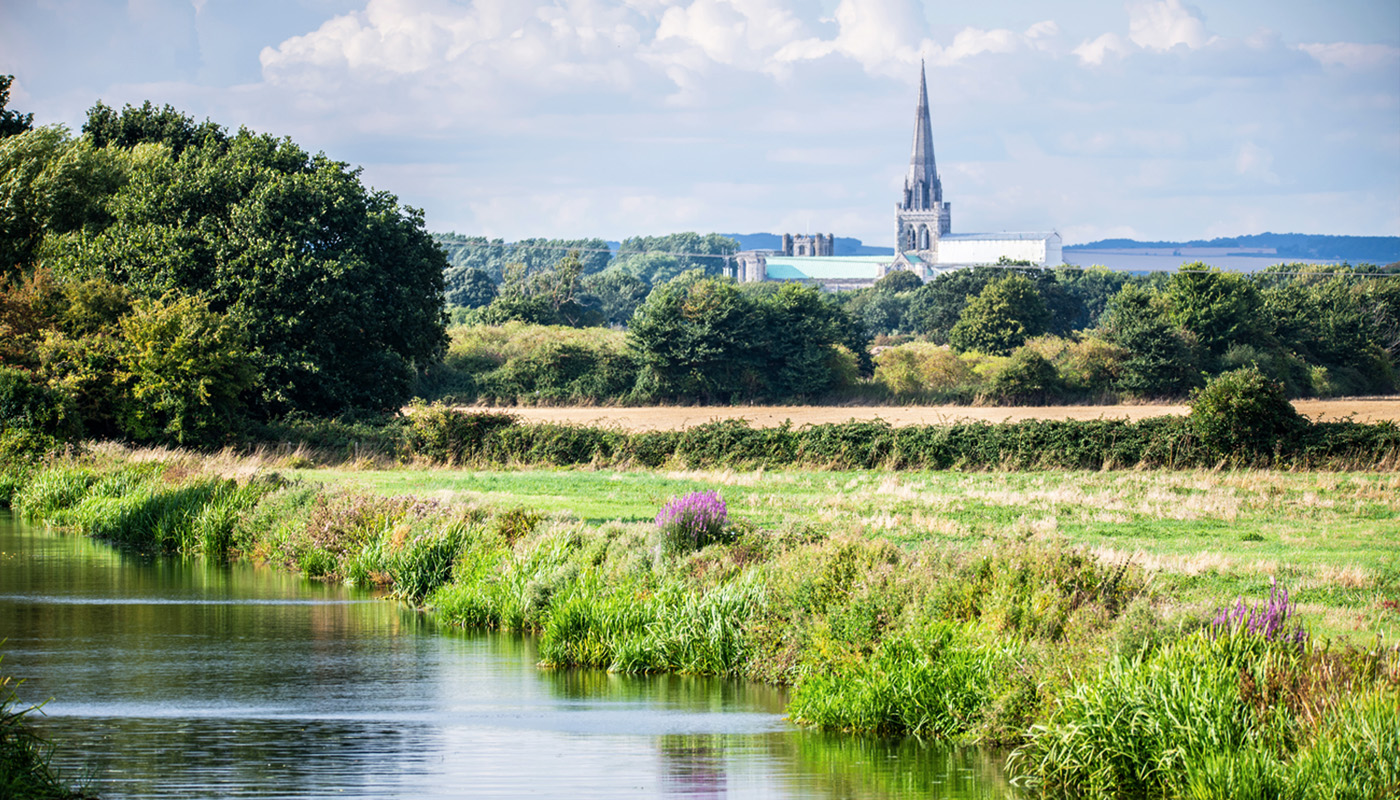As understanding of the climate crisis grows, consumers, governments and providers of capital are responding with higher expectations of brands and companies to adapt accordingly, to safeguard natural resources and secure a resilient, future-proof business.
Action on water, in particular, is becoming more and more critical as a resource under stress due to a convergence of factors. It is a vital resource for your business and key to driving and sustaining profitable growth. Indeed, poor water management is regularly cited as one of the greatest risks to business continuity and growth.
But what are these water risks, and what impact would they have on your business?
1. Increased operating costs
As we’ve seen with gas, when demand outstrips supply, costs increase and this in turn, pushes up electricity prices.
This acts as an early warning sign for what’s to come with water. As pressures on water resources continue to rise (demand for water is expected to outstrip supply by 2050 in the UK), so too do prices and your operating costs.
In the worst case, national water shortages leading to closures across your portfolio could result in organisational failure.
A 2015 drought in Brazil drove up General Motors’ water costs there by a staggering $2.1 million.
2. Reduced revenues
Without a supply of freshwater, sites must close temporarily. Production will grind to a halt. Service will be paused. Trade will be lost. Customers will become agitated.
If your site is without water due to wholesaler works, GSS payments may be made by the wholesaler, although typically, the value of trading losses due to a site closure far outweigh these payments.
This means not only a direct impact on short-term revenue generation, but also longer-term the more costly dent in your company’s reputation.
3. Damaged reputations
“It takes many good deeds to build a good reputation, and only one bad one to lose it.”
Benjamin Franklin
If customers feel they have been inconvenienced in any way as a result of a site closure, they are likely to take their business to one of your competitors and/or vent their anger on social media platforms. The consequential damage to your company’s reputation could have catastrophic impacts.
In an age of ‘single-tweet public relation crises’, the best defence is to proactively mitigate issues before they hit by taking a proactive and strategic approach to water risks management.
4. Unplanned continuity costs
In the event of loss of supply, or intermittent supply, ensuring business continuity is key. In such situations, you may need to arrange bulk water tinkering, emergency and wholesale bottled drinking water and chemical toilets, for example.
Arranging provisions at a time of need is not only time consuming (when time is of the essence) but can also come at a huge unplanned cost.
Planning ahead by knowing how much water each of your sites need to run each day is a prerequisite so as to not further jeopardise business continuity.
5. Location, location, location
As more and more UK regions are classified as ‘seriously’ water stressed by the Environment Agency, access to water will be regarded as a competitive advantage. This may force companies to more closely consider site locations, potentially relocating some.
The significance of regional water scarcity means that businesses like yours must now prioritise, at a minimum:
- Securing site water supply to avoid loss of/intermittent water supply, and
- Reducing site consumption to ensure that it isn’t compromising the community’s water needs.
Get in the flow
All companies can do more to deliver a secure water future. Getting proactive on water, securing your supply and reducing your consumption will not only have a positive impact on your operating costs and bottom line, but it will also reduce the risks your business is exposed to and improve stakeholder opinion.
To learn more about how you can make water work for you, driving financial efficiencies, operational resilience and safeguarding our most precious resource, schedule a call with one of our experts or email info@waterscan.com.




